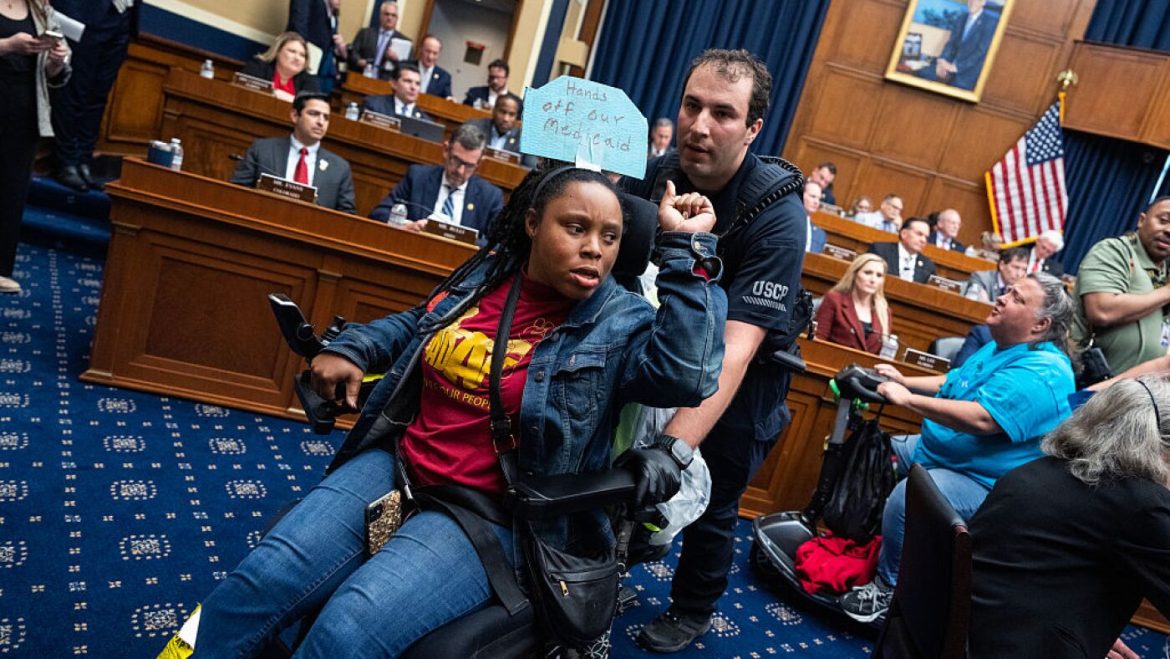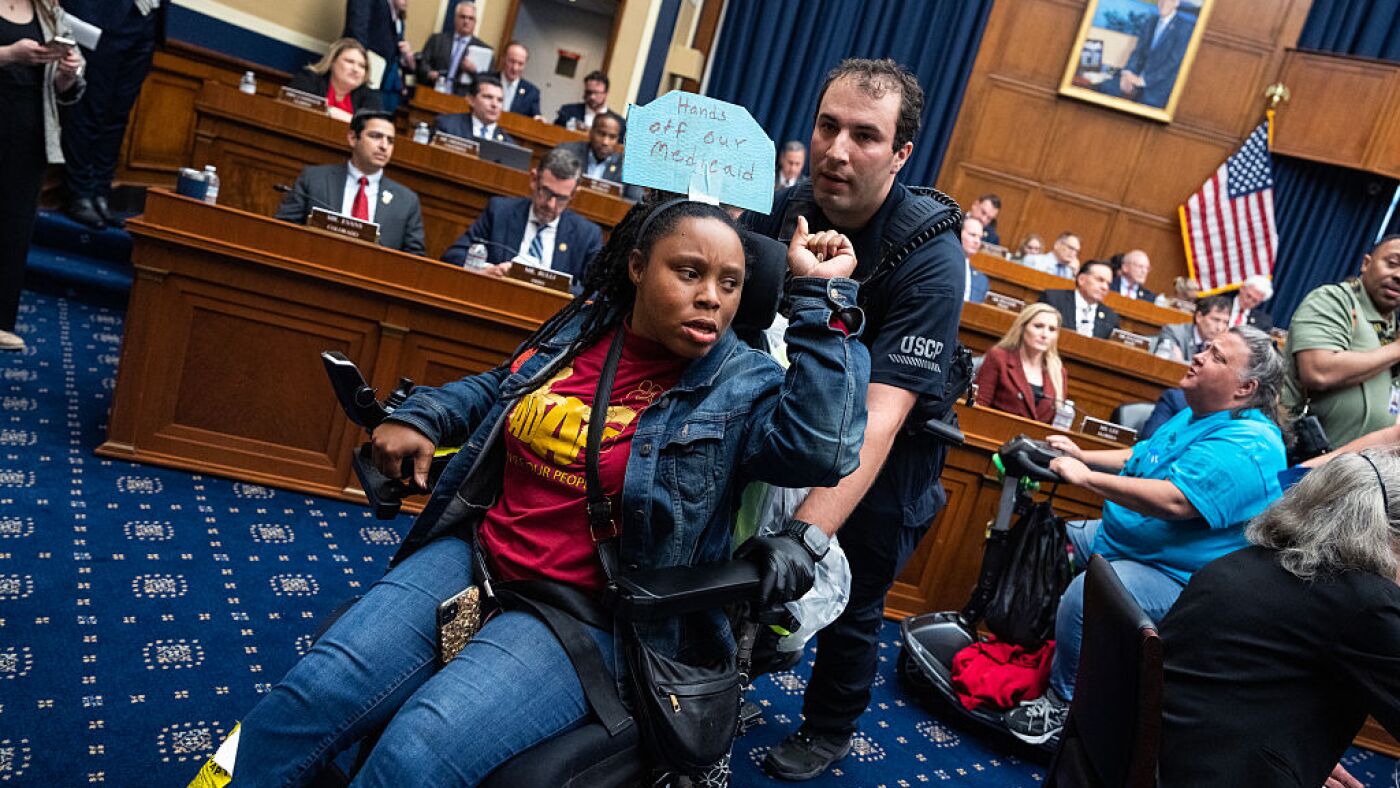The debate over proposed Medicaid cuts represents a crucial intersection of personal suffering, ethical judgment, and empirical research, forming a compelling argument against large-scale reductions in Medicaid access. Medicaid, as the nation’s largest health insurance program, serves over 80 million Americans, including vulnerable groups such as children, people with disabilities, the elderly, and low-income families. The potential harm from substantial funding reductions resonates deeply on personal, ethical, and societal levels, as outlined below.
—
Personal Experiences: Humanizing the Stakes of Medicaid Cuts
The argument against Medicaid cuts is profoundly shaped by personal stories that illustrate the real-life consequences behind policy debates. For instance, an individual account reveals the loss of a nephew due to colon cancer that might have been prevented had screening guidelines and Medicaid coverage aligned earlier. This particular example underscores how Medicaid’s role in preventive care—such as cancer screenings—can be life-saving.
Such narratives transform Medicaid from an abstract budget line into a lifeline that directly affects families. Without Medicaid, many people face obstacles in accessing timely screenings, mental health services, substance use treatment, and chronic disease care. These obstacles are not hypothetical; losses of coverage mean delayed or foregone care, which translates to preventable deaths and worsened health outcomes.
In rural and underserved communities, hospital closures triggered by Medicaid funding cuts amplify the impact. When hospitals scale back or close due to funding loss, patients lose local access to essential services, which intensifies disparities. Many elderly individuals (over 65) also rely on Medicaid to cover critical preventive care, and losing coverage leads to higher rates of hospitalization and poor health outcomes—a costly human and economic consequence.
—
Ethical Considerations: Justice, Equity, and the Social Contract
Ethically, Medicaid cuts raise profound questions about justice and government responsibility in healthcare provisioning. Medicaid primarily covers individuals least able to afford private insurance, including children, the disabled, elderly, and low-income adults. These groups depend on Medicaid not just for routine care, but for life-sustaining treatments.
Cutting Medicaid funding threatens to widen health inequities. Research confirms Medicaid expansion’s association with improved health outcomes, including reductions in mortality from chronic diseases such as diabetes and cancer. Reducing access essentially means that some populations will face worse health prospects simply due to socioeconomic status or geography.
The ethical framing of Medicaid as a safety net embodies principles of fairness and the fundamental right to health care, a view shared by a majority of Americans based on recent polling data. Underlying opposition to cuts is a recognition of society’s obligation to support its vulnerable members. Scaling back Medicaid would breach this social contract and exacerbate disparities, increasing suffering where equity demands support.
—
Research Evidence: Clear Data on Medicaid’s Life-Saving Impact
Beyond individual stories and ethical imperatives lies a substantial body of research documenting Medicaid’s measurable positive effects on health and economic outcomes:
– Mortality Reduction: Studies show that Medicaid coverage reduces the risk of death by approximately 21%. Individuals who gained coverage via the Affordable Care Act (ACA) expansion were significantly less likely to die during periods they were enrolled.
– Improved Health Outcomes: Medicaid coverage is linked to better management of chronic diseases, reductions in avoidable hospitalizations, and increased access to mental health and substance use treatment, which are critical in combating public health crises such as the opioid epidemic.
– Economic Benefits: Medicaid expansion correlates with higher educational attainment, lower teen pregnancy rates, higher wages, and reduced uncompensated care costs for hospitals. For providers, Medicaid expansion mitigates fiscal stress, especially significant in the wake of the COVID-19 pandemic.
– State-Level Impact: States that declined Medicaid expansion experienced poorer health outcomes and greater health disparities. Proposed federal funding cuts would compel states to either scale back coverage or increase their own financial contributions, likely reducing access due to budget constraints.
—
Consequences of Medicaid Cuts: Beyond the Budget Numbers
The proposed federal Medicaid reductions—ranging up to $880 billion over a decade—would not simply trim budgets but risk dismantling essential healthcare access for millions. Potential consequences include:
– Reduced Eligibility and Benefits: States may tighten eligibility, curtail benefits, or reduce provider payments, shrinking who can access care and what services they receive.
– Hospital Closures and Service Cutbacks: Reduced Medicaid funding threatens hospitals’ financial viability, especially in vulnerable communities, forcing reductions of critical services and workforce layoffs.
– Increased Health Inequities: Cuts disproportionately affect children, elderly, disabled individuals, and marginalized populations, worsening disparities in health and economic outcomes.
– Economic Strain on States and Individuals: States may be forced to divert funds from education or other services to sustain Medicaid levels, disadvantaging broader public welfare.
—
The Public and Political Response: A Call for Preservation and Expansion
Polling data underscore broad public support for maintaining or increasing Medicaid funding. The majority of Americans reject cuts to Medicaid, viewing healthcare access as a foundational right rather than a discretionary expense.
Politically, proposals to scale back Medicaid face resistance not only from Democrats but also from hospitals reliant on Medicaid revenue and communities that see Medicaid as vital to public health. Some state leaders, who proudly expanded Medicaid under the ACA, warn that federal cuts would leave them with difficult choices, potentially unraveling progress in coverage.
—
Conclusion: Medicaid Cuts Threaten Lives, Health Equity, and Community Well-Being
The opposition to large-scale Medicaid cuts is the product of deeply interconnected personal suffering, ethical reflection, and rigorous scientific evidence. Medicaid is not merely a government spending program; it is a critical health lifeline for tens of millions of Americans. Reductions in access translate to avoidable suffering, premature deaths, shattered families, and widened inequities.
As policymakers debate budgets, the stakes are unmistakably high: scaling back Medicaid risks reversing years of progress in improving the health and economic well-being of the nation’s most vulnerable. Safeguarding and expanding Medicaid access is essential to uphold ethical commitments, protect human lives, and strengthen the social fabric. This confluence of lived experience and empirical proof makes a compelling, irrefutable case against deep Medicaid cuts.


